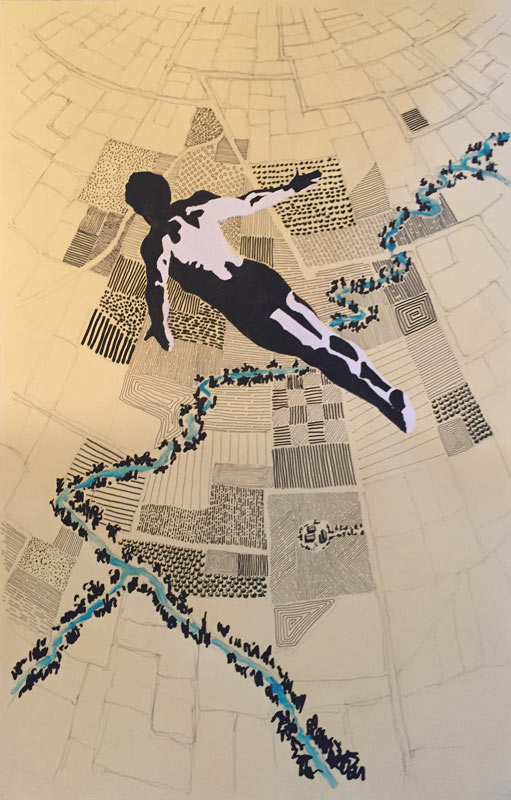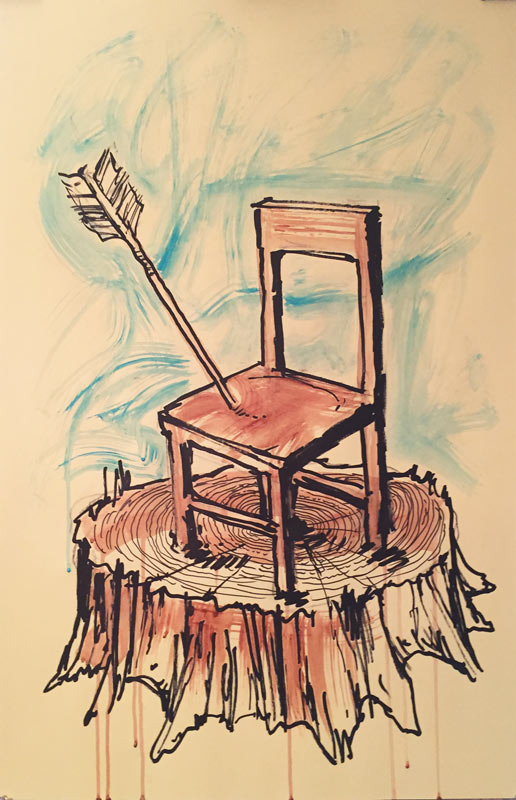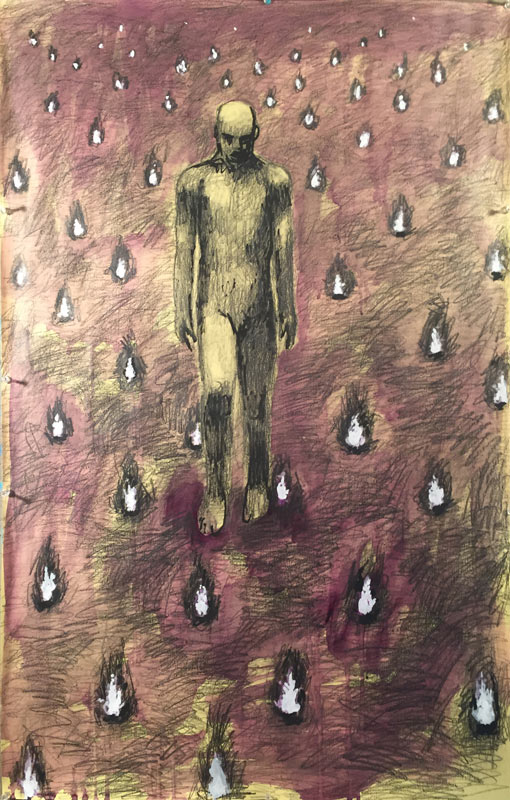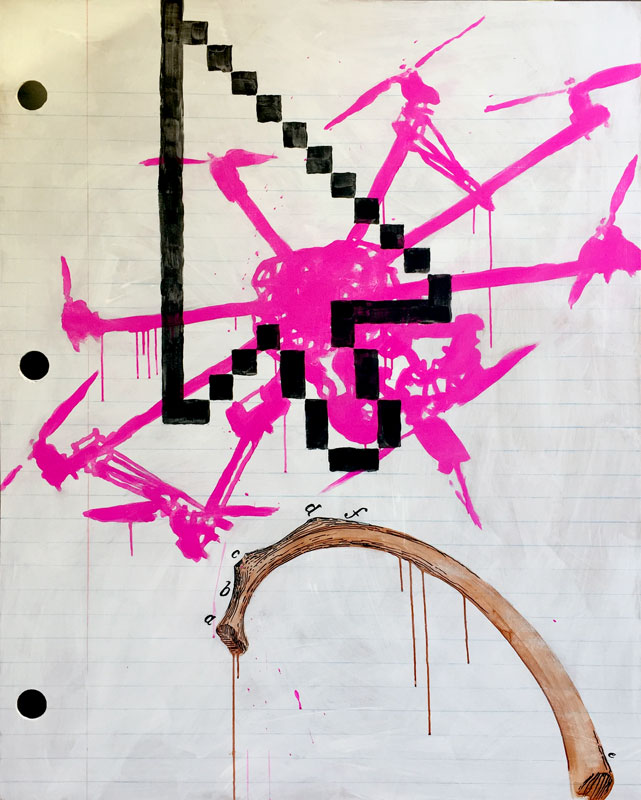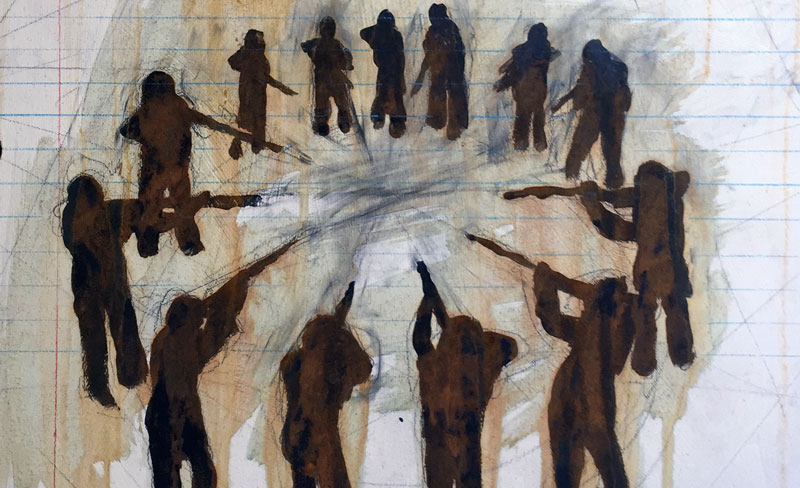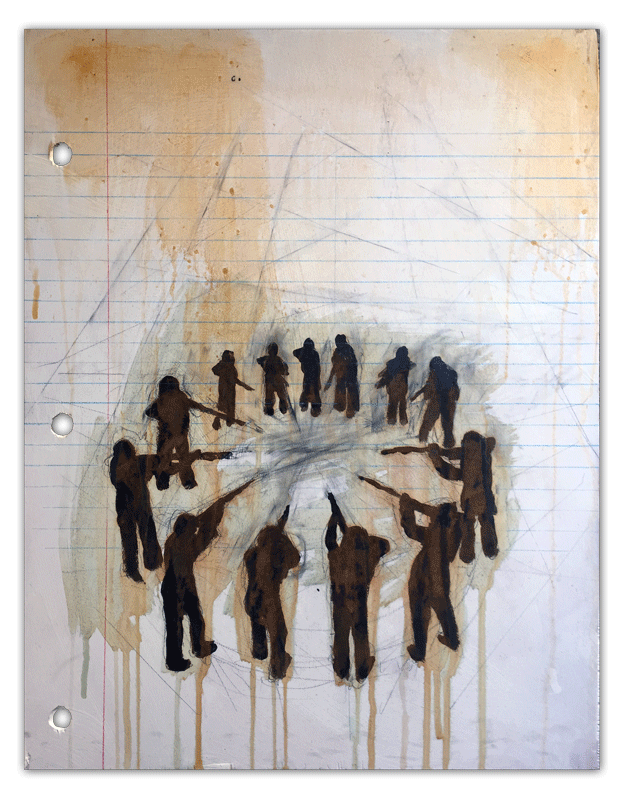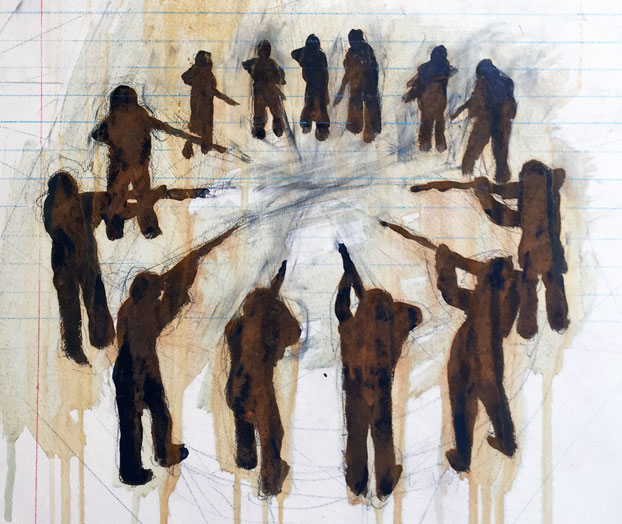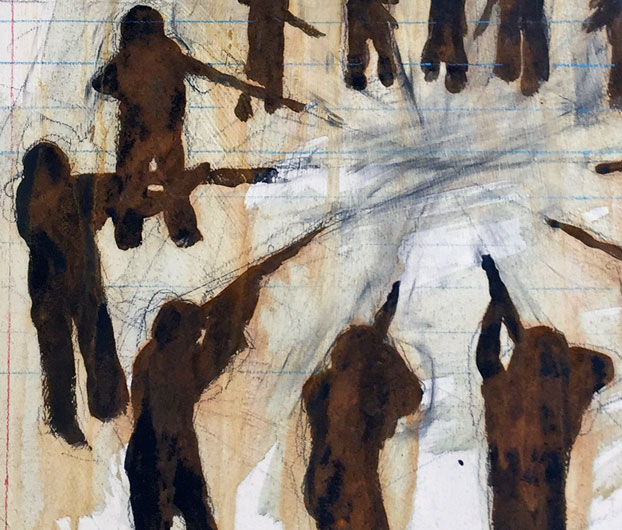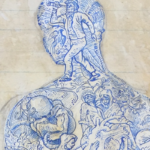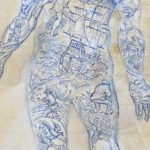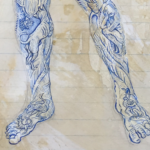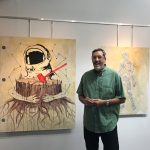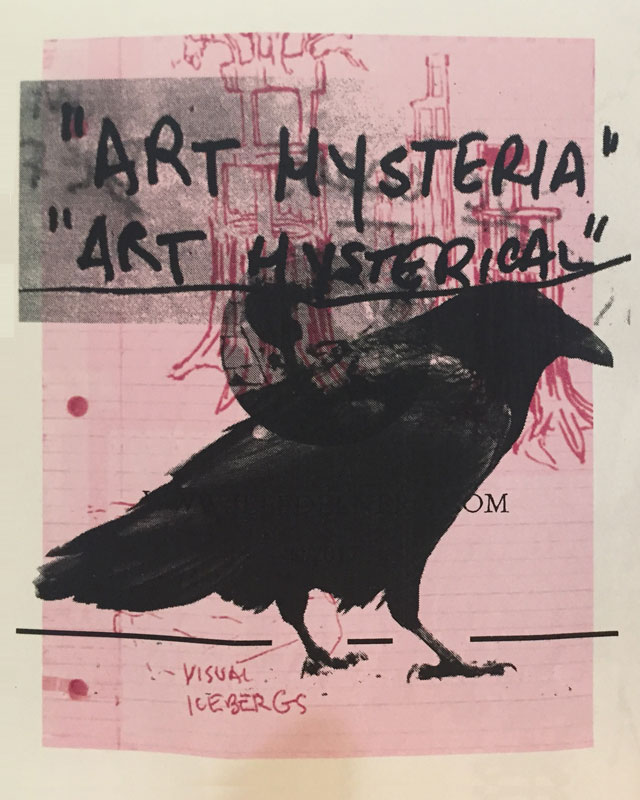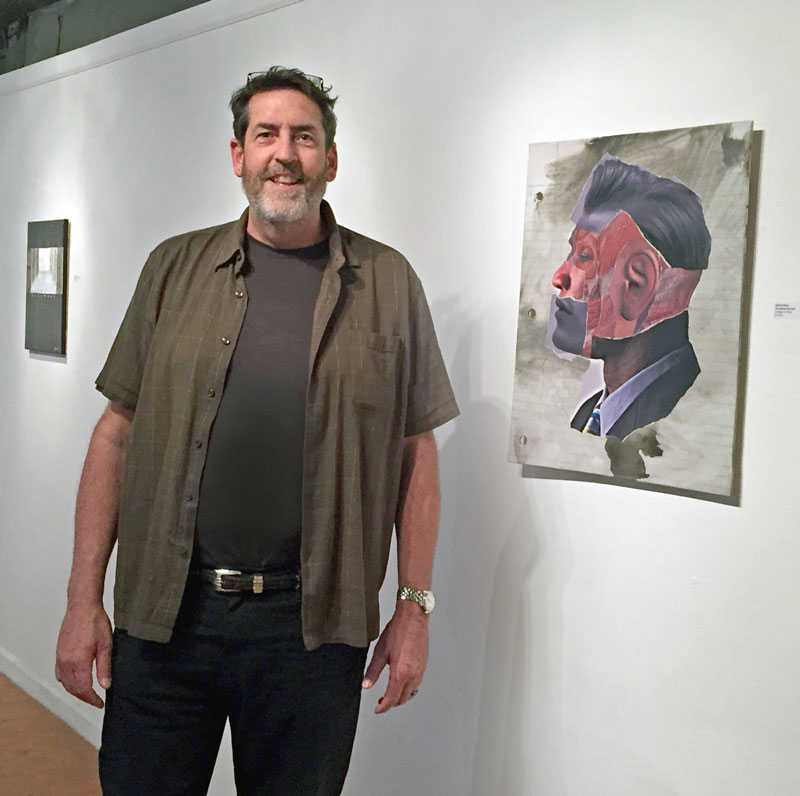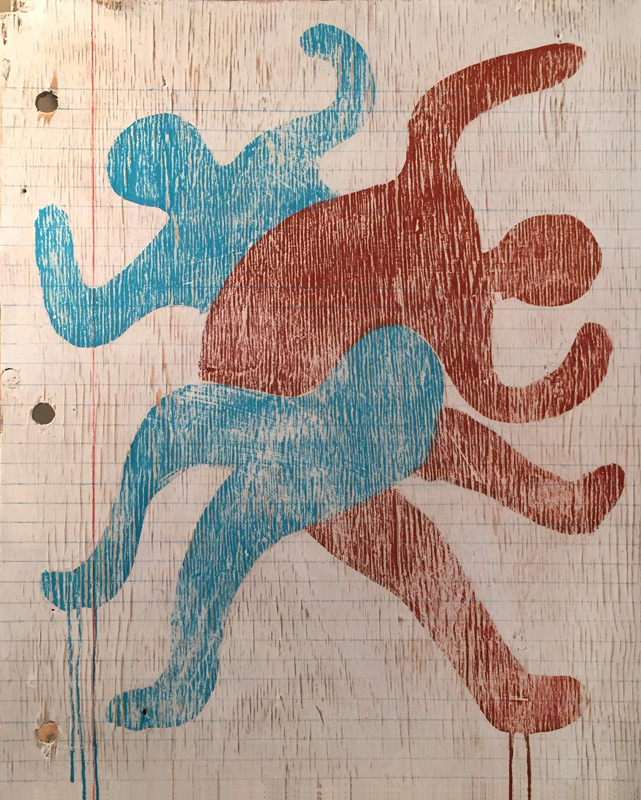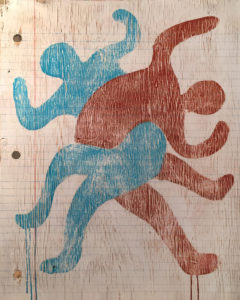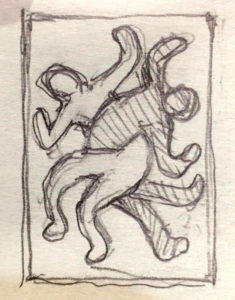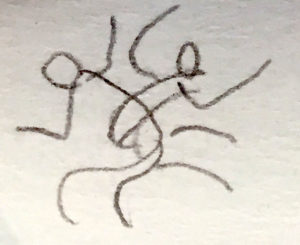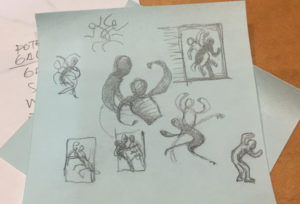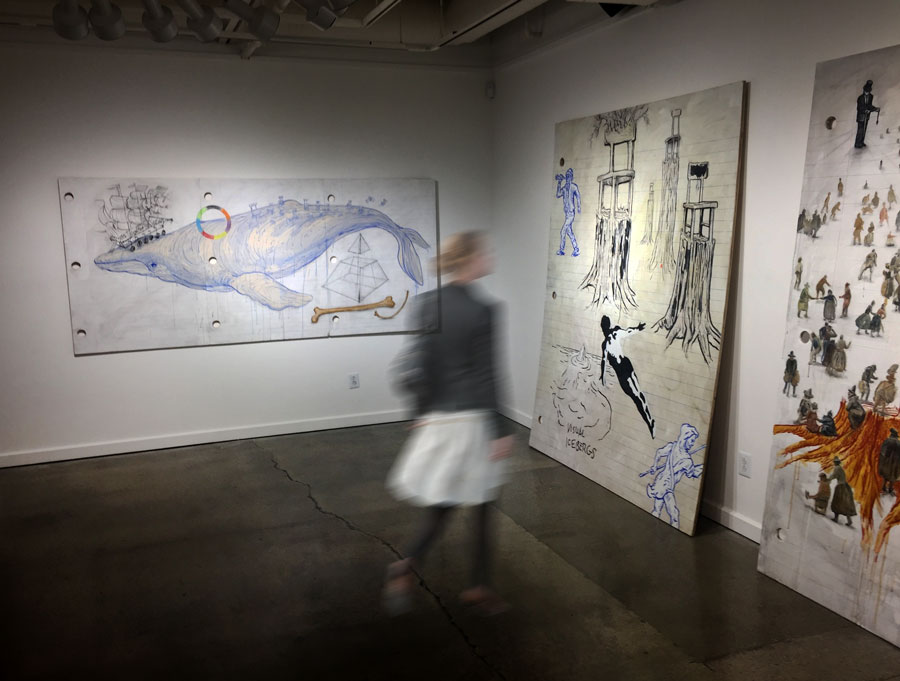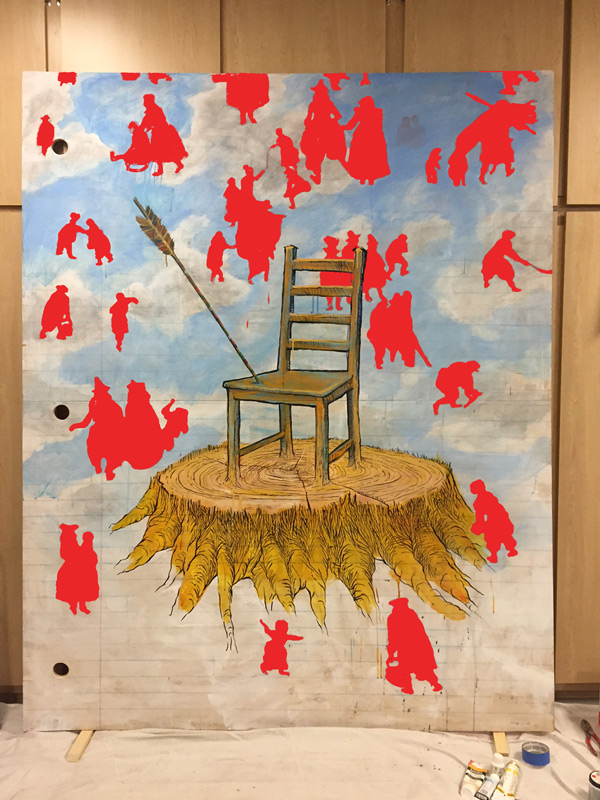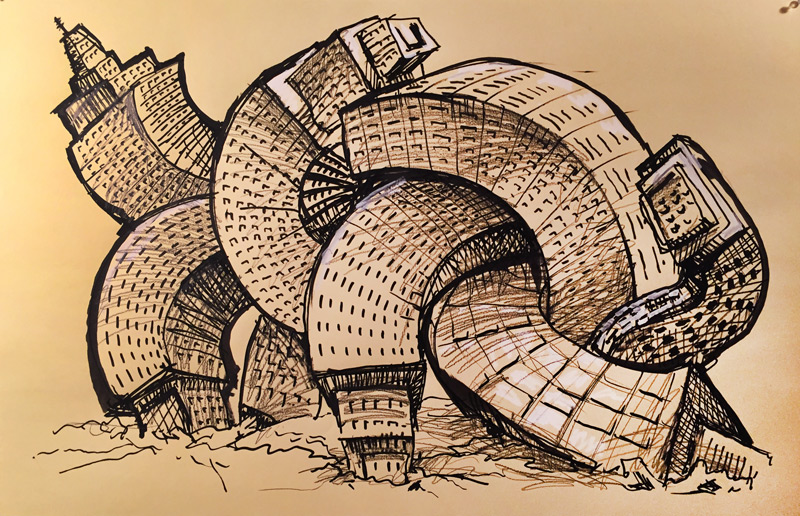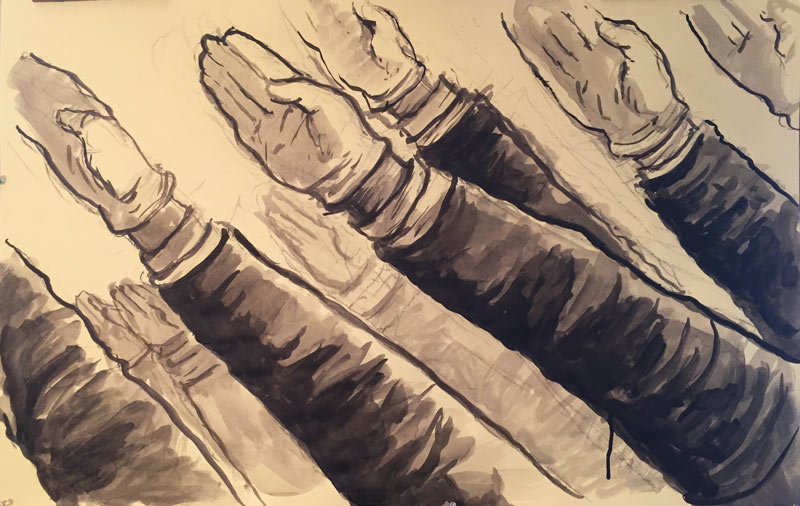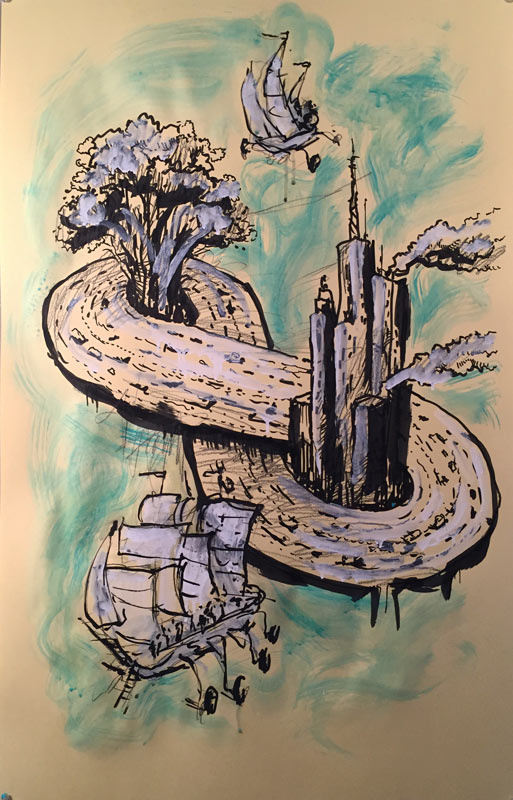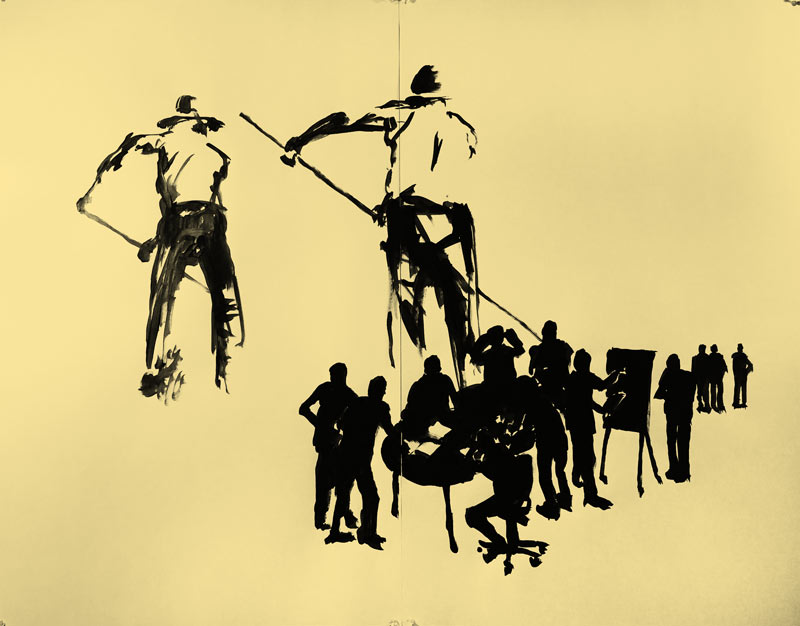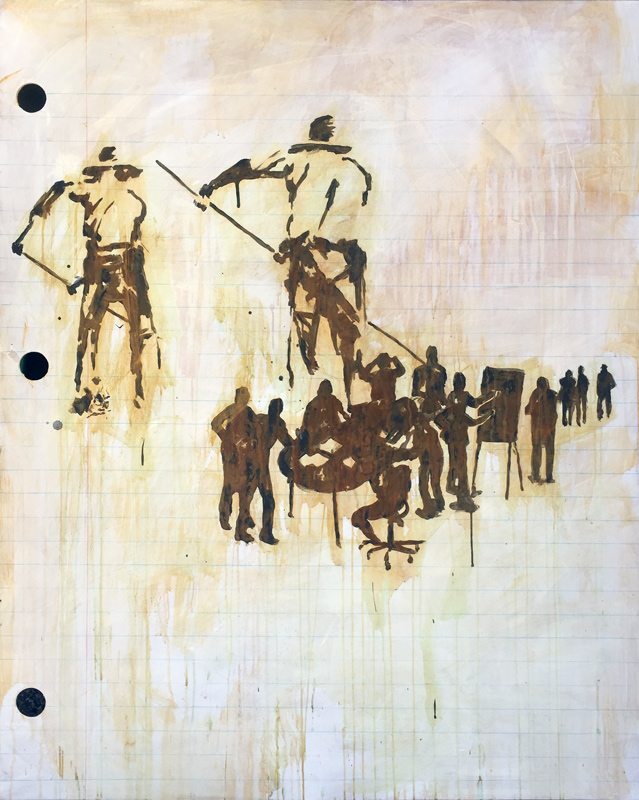
Accidental Monster
Delft Man
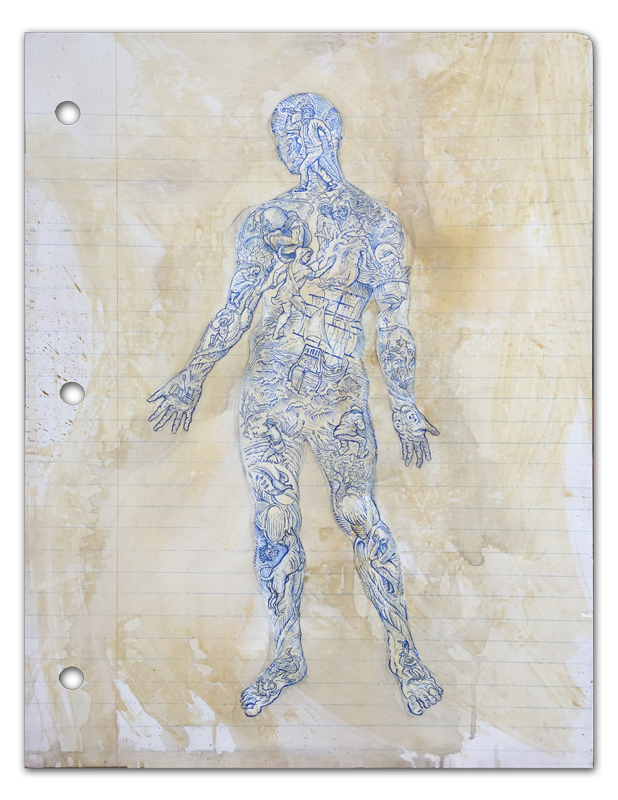
"Delft Man" 36 by 48 in., acrylic on plywood panel, Jeff Del Nero, 2017
The silhouette of a scientific profile of a man. My recent passions with combining references from the various artists in the northern European region. A time referenced as the "mini ice age" just 500 years ago. I love the linework and distinctive qualities of the blue on white glazed theme. The work and included many art historical themes along with references are from different patterns referenced from the 17th Century ware
This painting on a plywood panel is in the style of Delft glazing. Though, this is acrylic on panel— the inspiration for it was the City of Delft in the Netherlands.
Fuel Usage
hmmm…
Average Person vs. Leonardo DiCaprio Fuel Usage Comparison
Regular Person:
20K miles / year at 20 m.p.g
vs.
Leonardo DiCaprio’s Private Jet:
358 gallons/hour in a 3 hour flight uses more fuel than I do in a year.
Urban Planning Future Cities
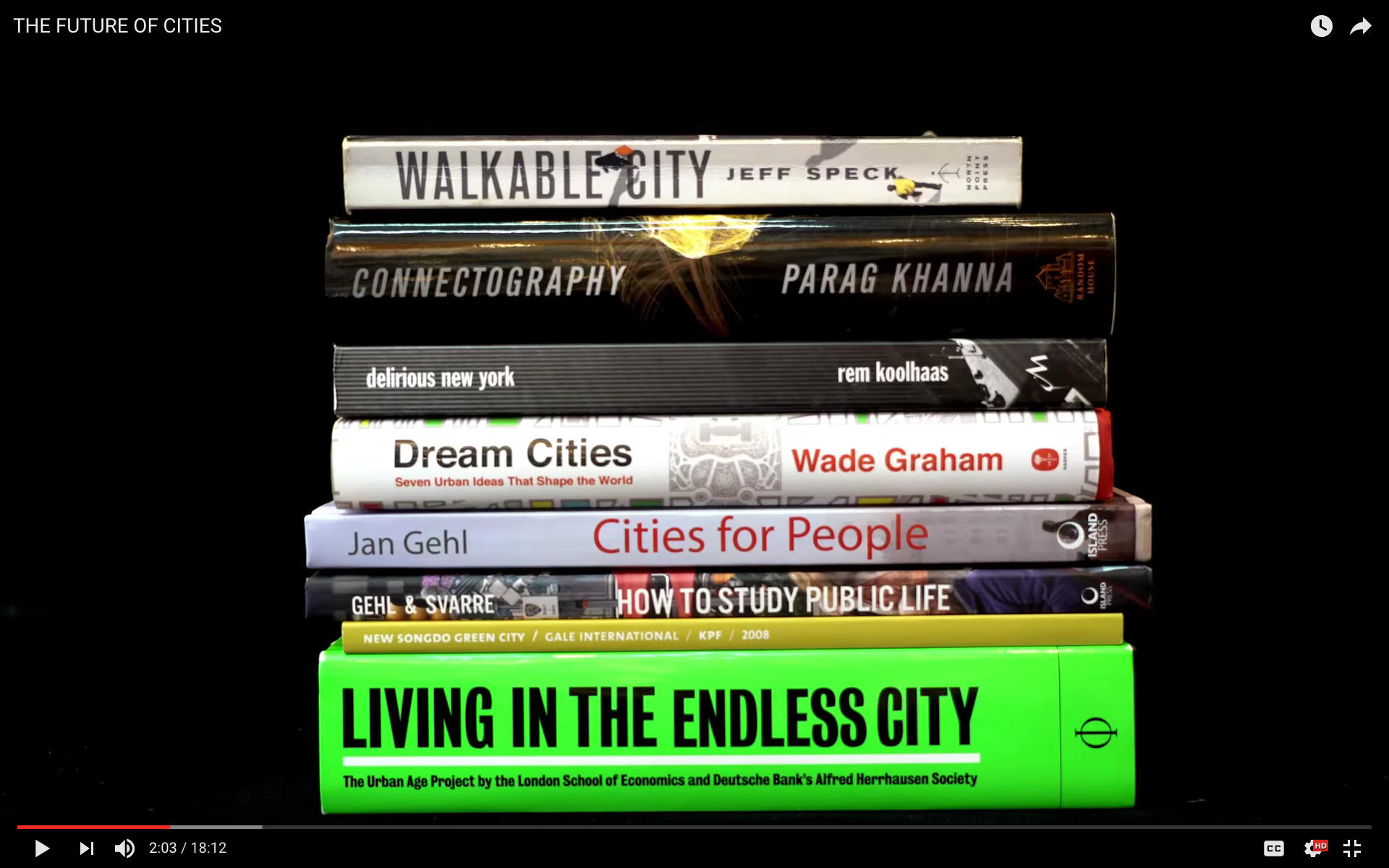
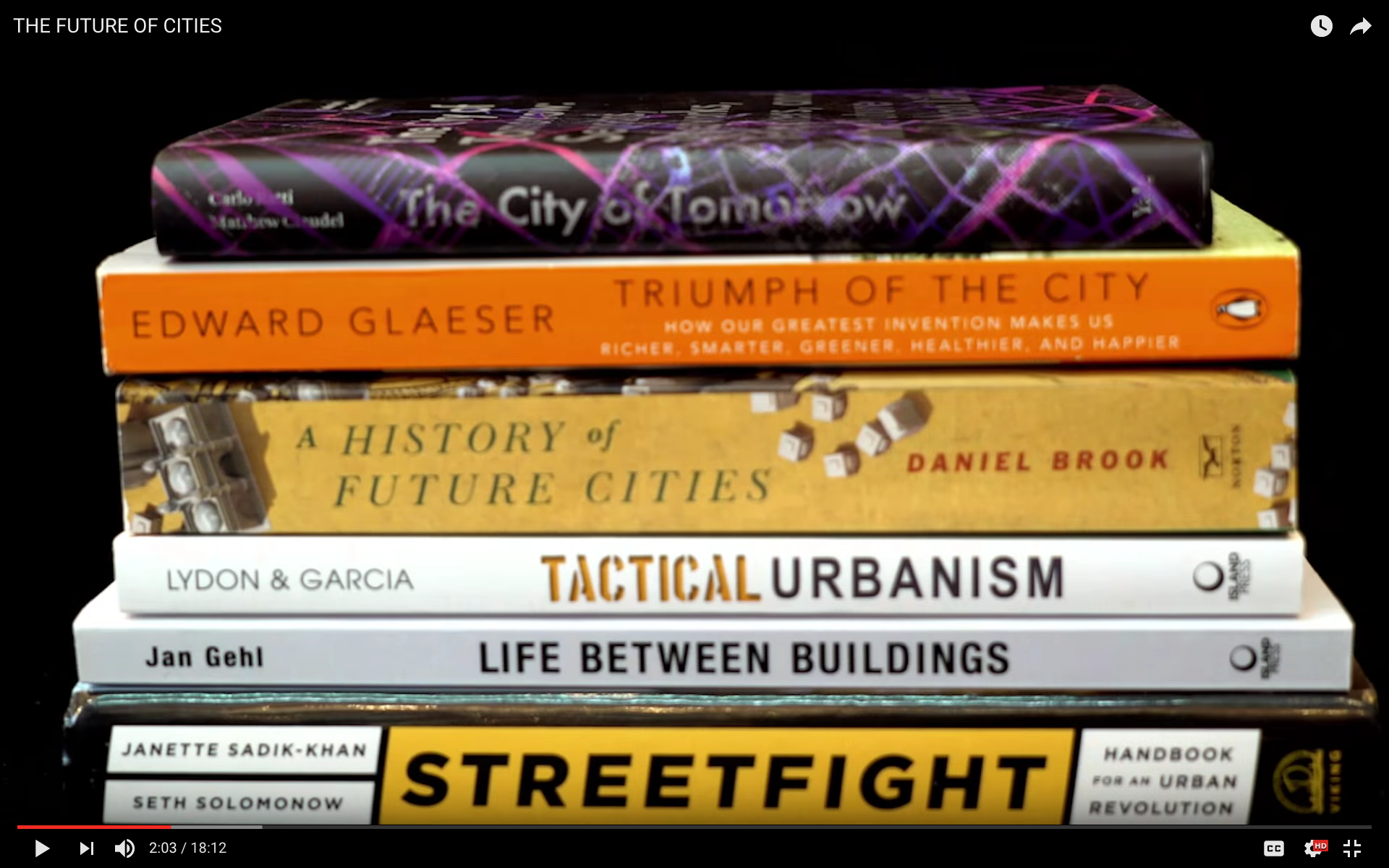
THE FUTURE OF CITIES: Oscar Boyson
Shenzhen: The Silicon Valley of Hardware (Full Documentary) | Future Cities | WIRED
Accidental Monster Profile on Binder Paper
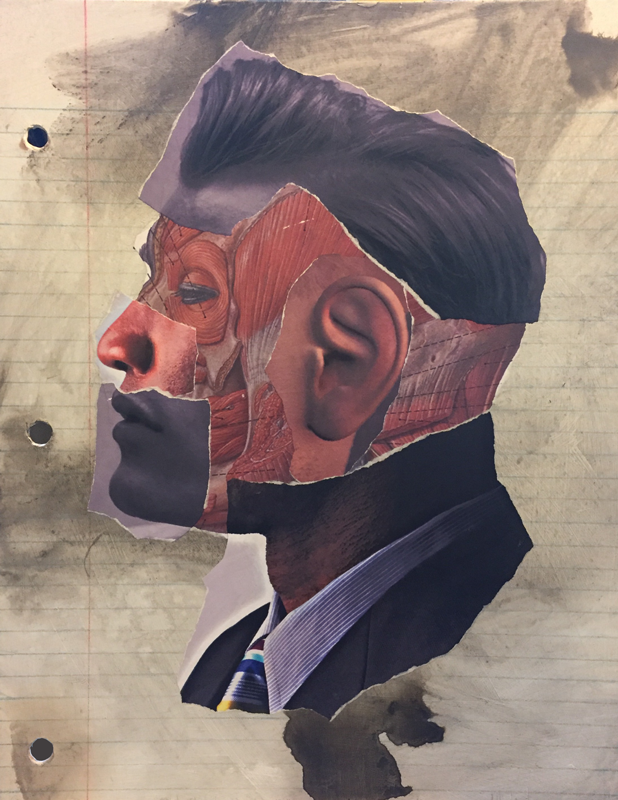
Thinking about man-made things, this led me to Mary Shelley's book “Frankenstein; or, The Modern Prometheus” and how it wonderfully relates to humanity's prowess in combining things to create new opportunities, yet with each venture, unforeseen circumstances are looming around the corner. This work also has elements relating to the tapestry of humanity and its quest for inclusion, balance, and unity as the world becomes smaller and our cultures must merge.
Recently this was included in a show “Unity Through States of Being” at Modified Arts Gallery. The opening coincided with Art Detour and then the First Friday for April 2017 was reviewed by Margaret Swafford of The Arts Beacon. This notice my piece "Accidental Monster" received was really encouraging and reminds me of the various ways art takes on a life of its own. This makes me happy to see, hear and read the effect of people interacting with this work. From Umberto Eco to Jackson Pollack — but especially Roland Barthes speaks of how a created work must forge on with its own life and path. A created work exists to be interpreted and enjoyed while acting as a mirror to the world around it. Affected by the viewer's personal frame of mind, the era it exists in and to some extent, the political climate surrounding its current location.
Nature As Resource
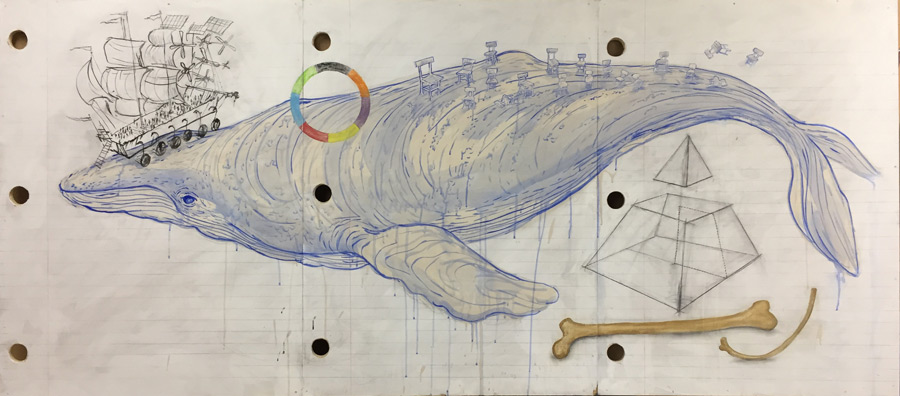
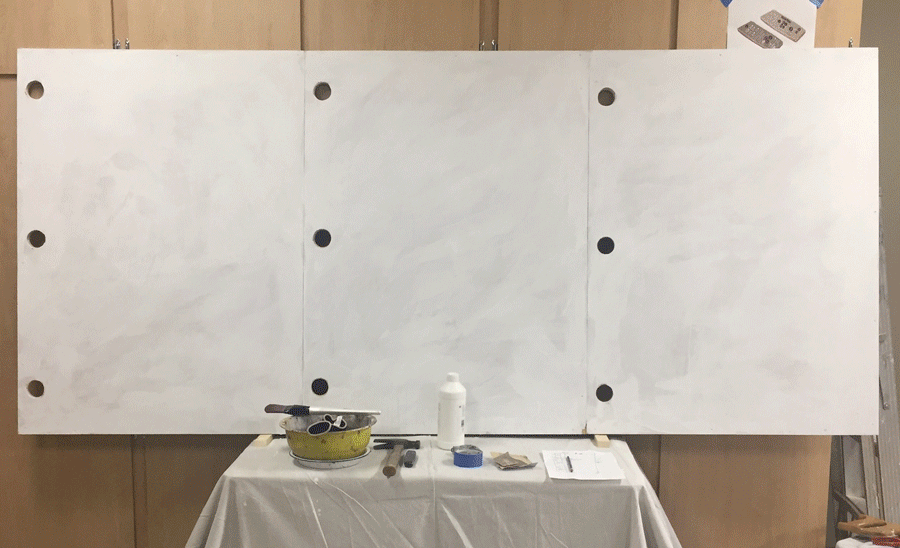
The objects gathered here have significance to each other, loosely based on the themes running through this series. An interesting note about the depicted femur can be read here in this blog "A Seekers Thoughts". While the rib is full of references — you can have some fun thinking about that pairing. I first read about the Frustum here in Seth Godin's blog and thought about how this applies to everything from politics to the arts.
Studies for Accidental Monster, In Progress
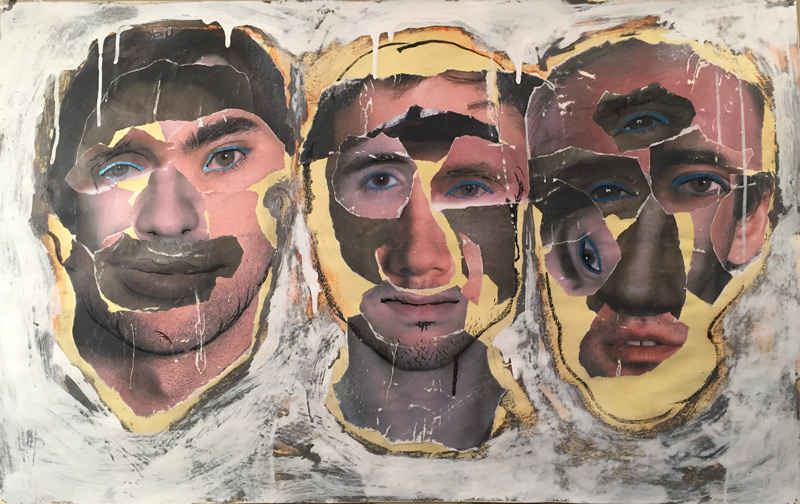
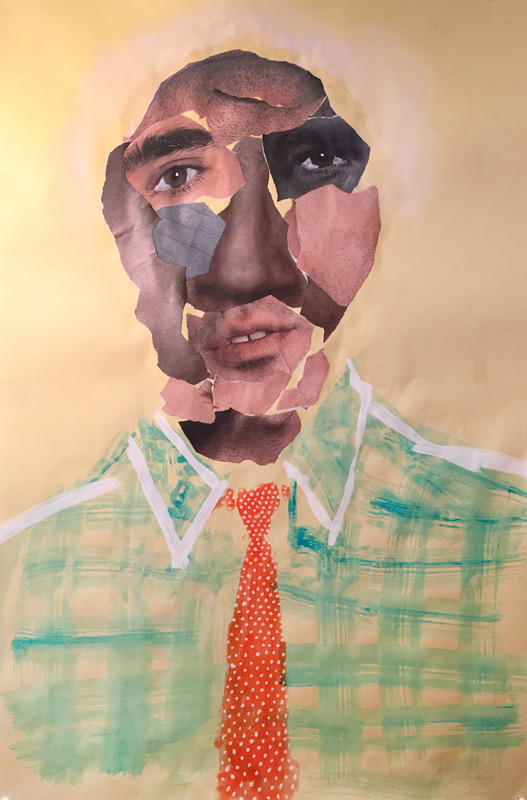
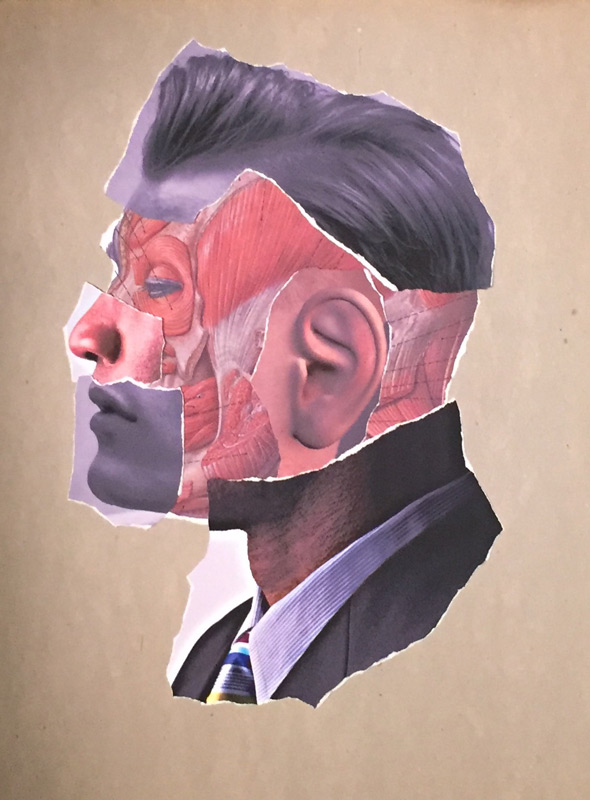
In Progress – Drawings
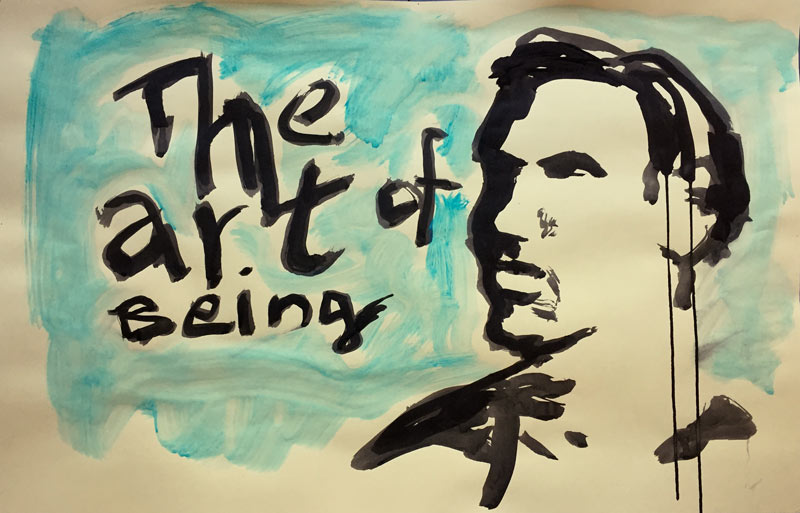
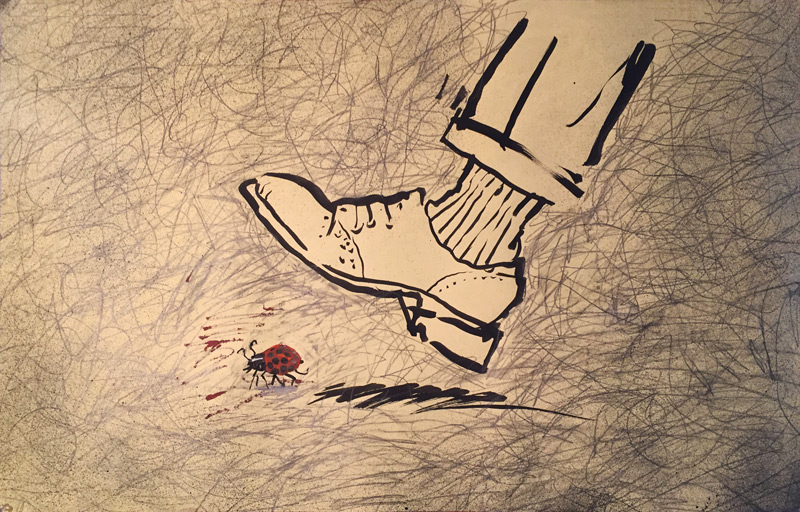
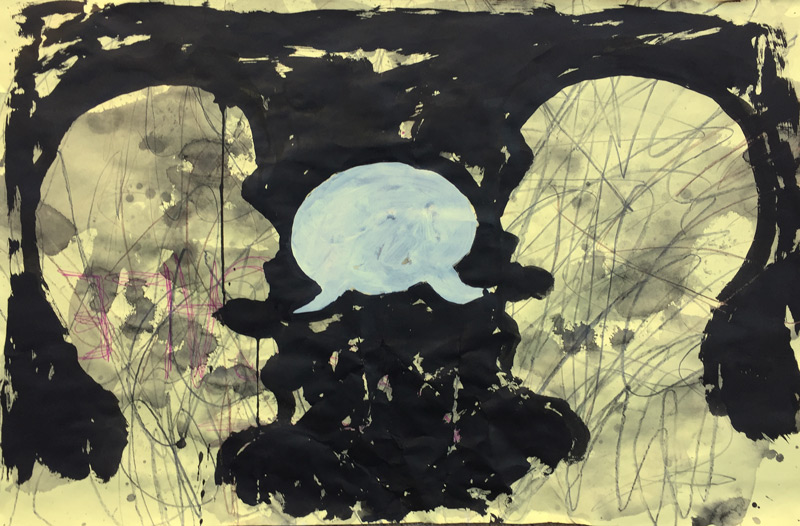
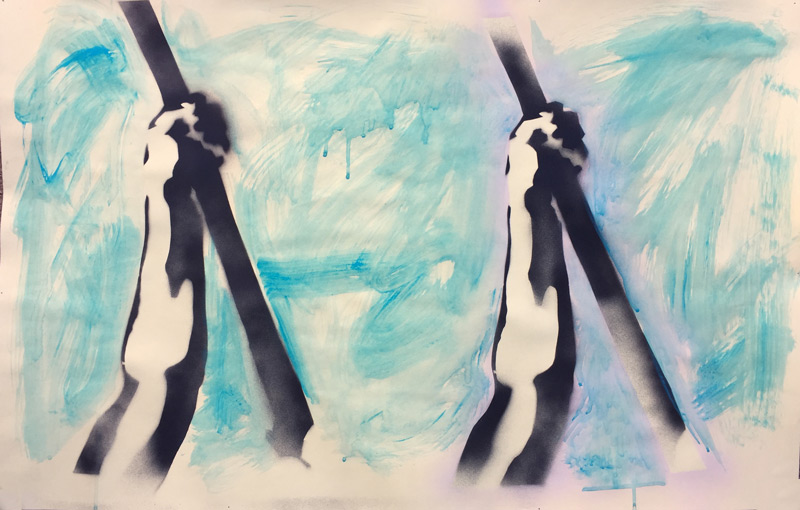
The Race
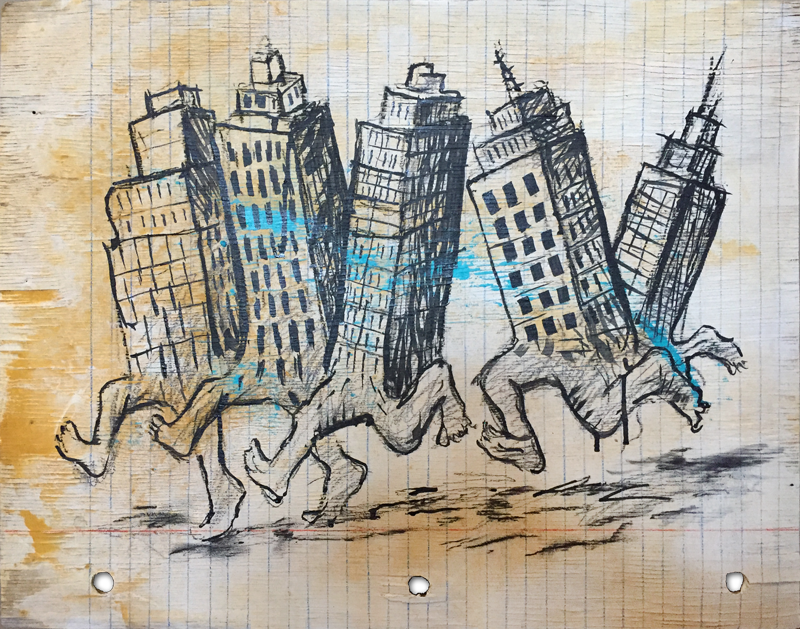
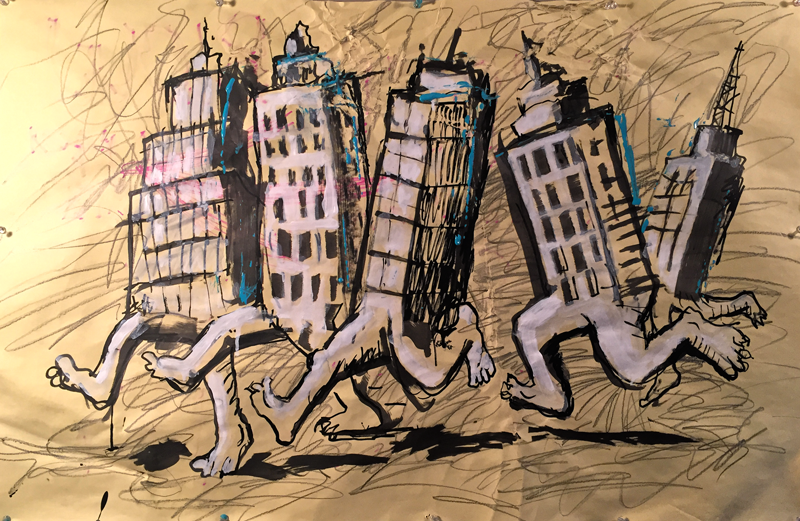
Works in Progress – mixed on paper
